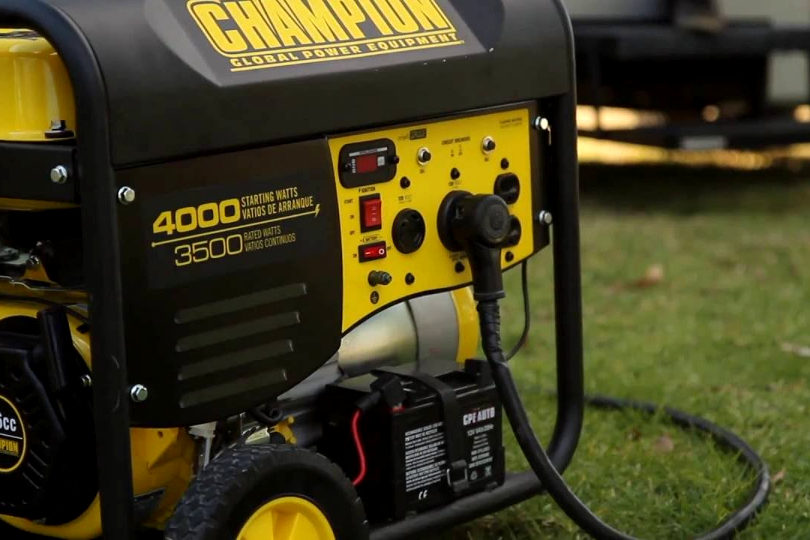There are many benefits to owning and operating a diesel generator. They are more fuel-efficient, though the fuel is somewhat more expensive. They’re more rugged and durable than comparably powered gas generators. And they’re designed to be low-maintenance.
Here are a few tips on how to maintain your diesel generator.
Replace the Filters
One benefit of diesel generators is that you don’t have to deal with spark plugs. They don’t have carburetors. Instead, the fuel is directly injected into the engine. This means there are fewer moving parts that can break or need to be replaced. However, you still have to deal with all the filters.
The air filters in a diesel generator may need to be replaced more often than those in a standard gasoline generator. This isn’t because diesel generators are dirtier. The best new and even used generators offered by companies like Bellwood Rewinds are as clean as the top gas generators. However, diesel generators are much more likely to be running in the corner of a construction site or industrial building. This means the air intake is sucking in chemical fumes and wood chips that get caught on the air filters.
Diesel generators have fuel filters, as well. These need to be replaced periodically to prevent chemical sludge from the bottom of fuel tanks and metal particles from storage containers or wear and tear inside the generator from circulating back through the system.
Drain It and Clean It
If you’re going to put the generator in storage, drain the fuel out of it. Then try to clean the fuel tank and the fuel lines. This prevents the hydrocarbons from breaking down and turning into sludge that could clog up the generator the next time you start it up. This is a good time to clean and replace filters, too.

Check for Leaks
Leaks can occur almost anywhere in a generator, though any seal or connection point is a prime candidate. Before you turn on the generator, inspect it for leaks. This could be an oil leak under the generator or a fuel leak from the gas tank. Repair the leaks before you run the generator, especially if it is coming from a connection point.
Tighten the connecting hoses and any screws holding various housings closed. You don’t want fuel to be sprayed all over the place because it came loose. Clean up the spilled fuel or lubricant, too, since this is a fire hazard if it is exposed to a spark and a slip hazard if someone steps on it. Never mind how it could stain your concrete floors or kill the grass.
Manage Your Fuel
It goes without saying that you need to keep giving diesel generators fuel if you want to keep them running. Yet fuel levels need to be managed. You subject a generator to unnecessary wear and tear if you let it run out of gas before you add more. (You’ll also damage it if you don’t prevent it from running out of oil.) Don’t let water accumulate in the fuel tank. This could occur from normal fuel separation or condensation inside of a fuel tank from moisture in the air. Don’t leave the top of a gas tank or fuel tank sit open, either, since rain could contaminate the fuel.
Add fuel stabilizers to any fuel canister that won’t be used immediately. Then you won’t accidentally clog up the fuel lines by adding untreated six month old diesel fuel to the generator.




